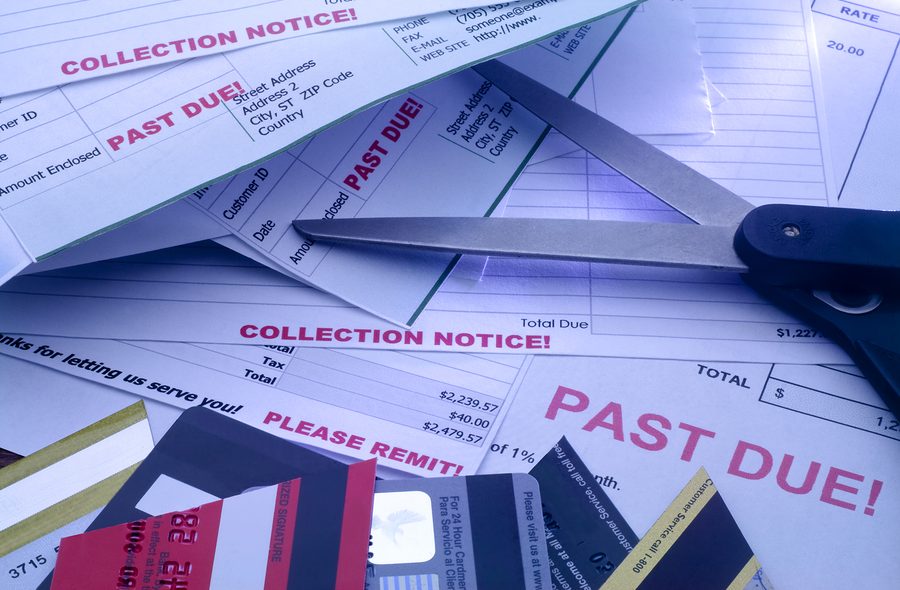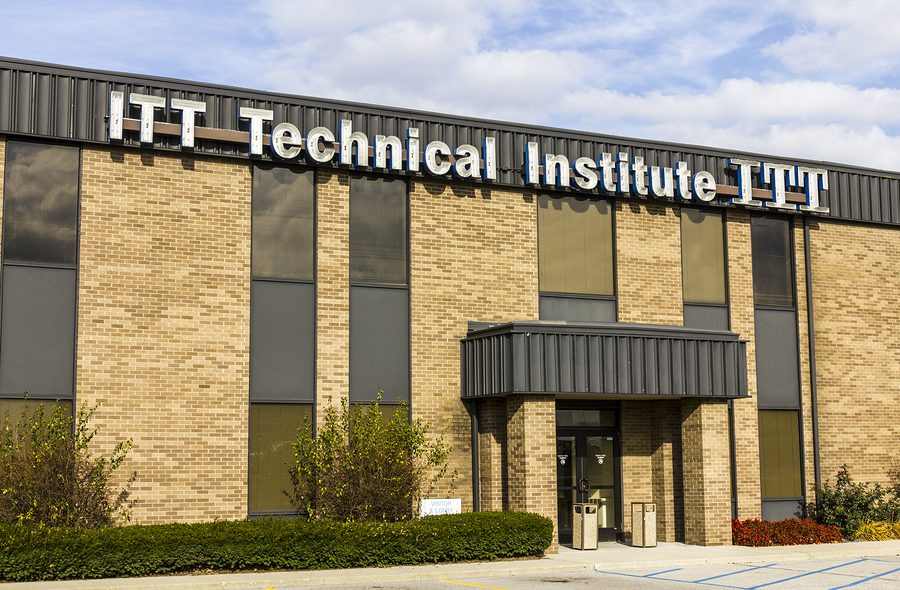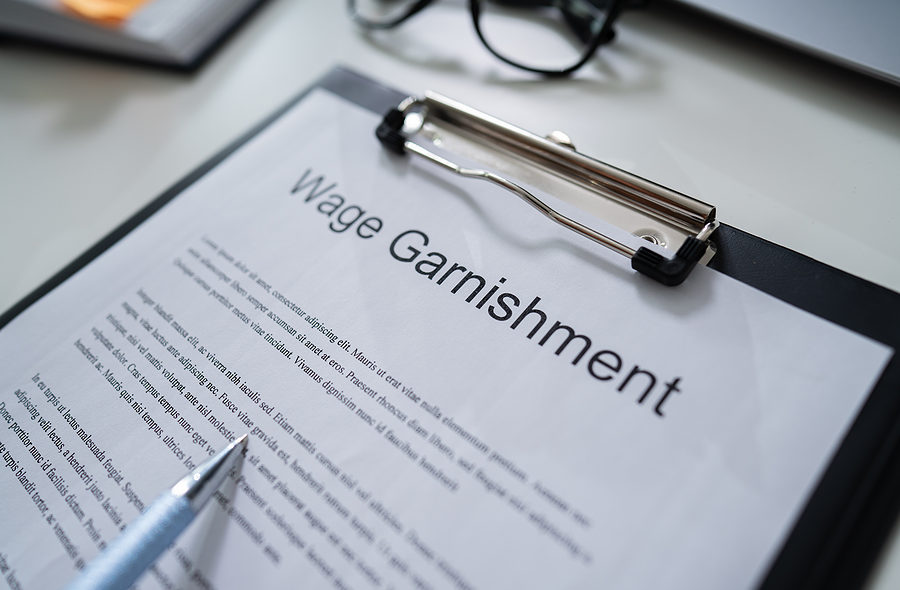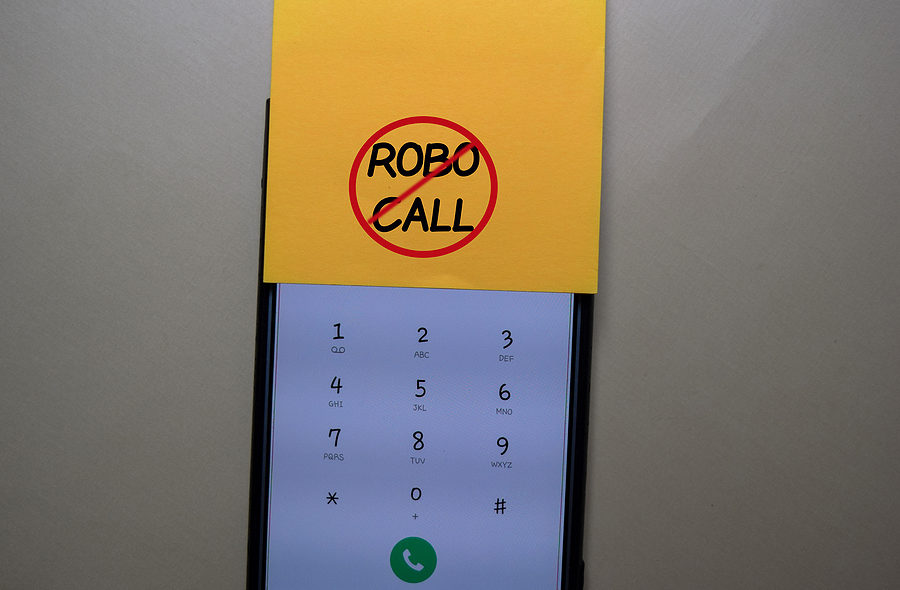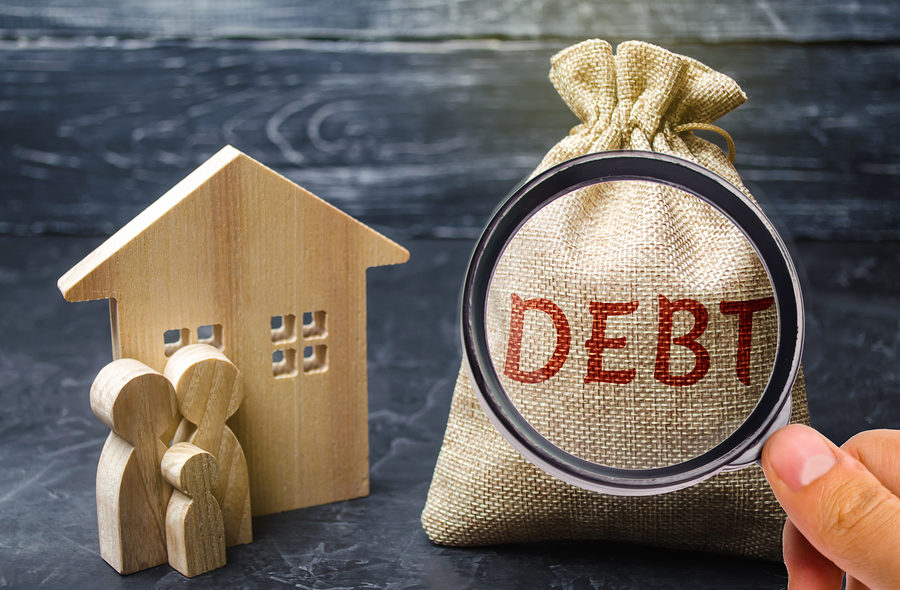The coronavirus (COVID-19) pandemic has changed the way of life for consumers in both good and bad ways. One change has to do with the way Americans utilize their credit cards post-pandemic.
A recent study conducted by Money and Morning Consult surveyed how American consumers have been using their credit cards during this crisis. What the study found was Americans are continuing to use their cards. However, the way by which they are using their cards has changed.

